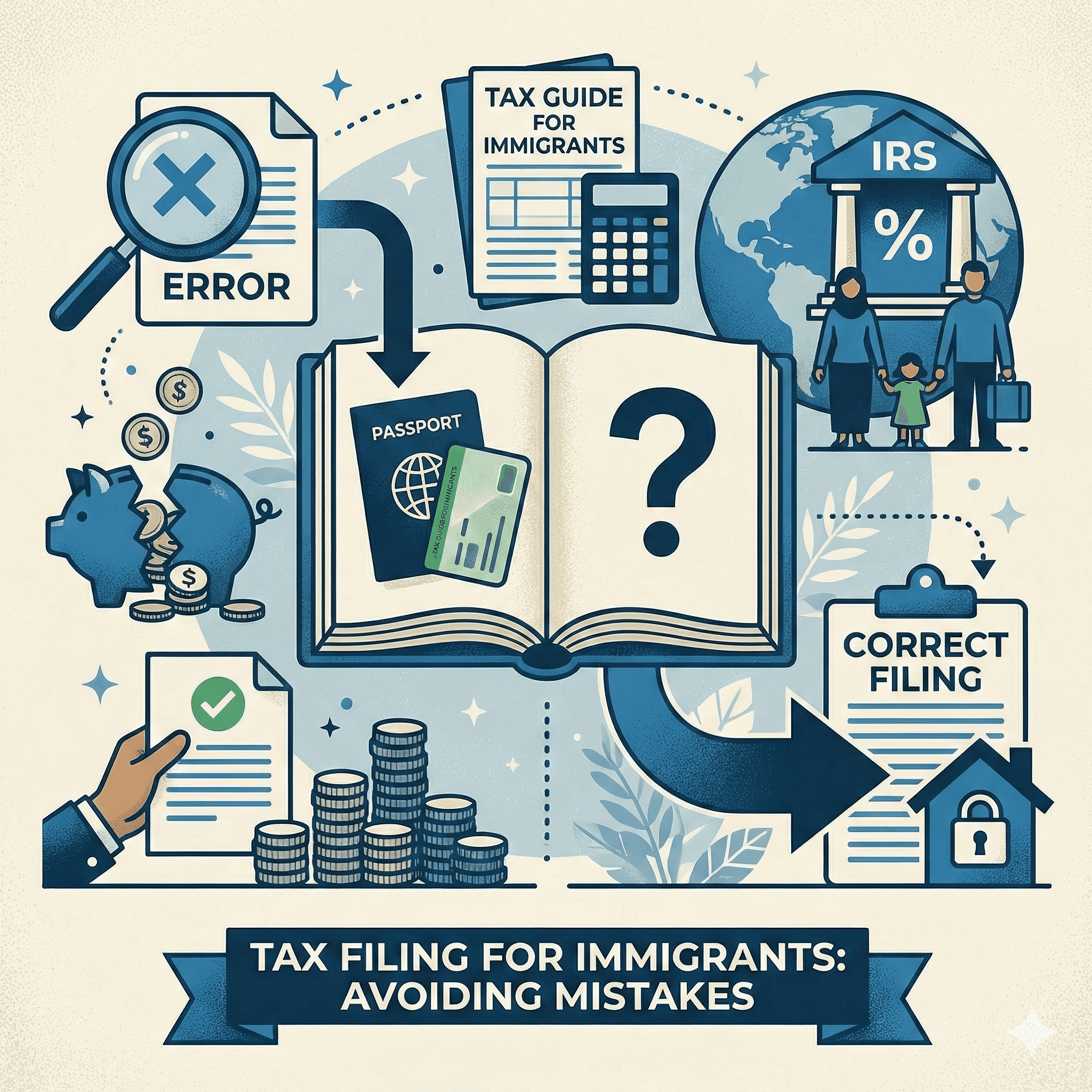The Power of Tax-Free Gifting: How to Give $19,000 Without Tax Consequences
⚠️ Tax Disclosure: This article is for informational purposes only and should not be considered tax, legal, or financial advice. Tax laws are complex and subject to change. Always consult with a qualified tax professional before making decisions about gifting strategies. The author and Duti.co are not responsible for any actions taken based on this information.
📊 Understanding the IRS Annual Gift Tax Exclusion
In 2025, the IRS allows you to give up to $19,000 per person, per year, completely tax-free. This powerful tool, known as the annual gift tax exclusion, is one of the most underutilized strategies in personal finance.
The Big Picture:
✨ No limit on how many people you can give to
✨ No limit on how many people can give to you
✨ No tax for giver or receiver
✨ No forms required under $19,000
The $19,000 limit applies to each unique giver-receiver relationship. A married couple can effectively gift $38,000 to a single person ($19,000 from each spouse) without any tax consequences.
🎯 How the Annual Gift Exclusion Works
✅ The Basics
- • $19,000 per person, per year
- • Give to unlimited people
- • Cash, stocks, or property
- • No IRS forms needed
- • Resets every January 1st
📝 What Counts
- • Cash transfers
- • Stocks & bonds
- • Real estate
- • Debt forgiveness
- • Personal property
🚫 What Doesn't
- • Direct medical payments
- • Direct tuition payments
- • Spousal gifts
- • Charitable donations
Real-World Example: How Communities Use Tax-Free Gifting
Let's see how the annual gift exclusion works in practice. Imagine Tenzin and Pema, a young Tibetan couple buying their first home. Their community rallies to help with the down payment through tax-free gifts.
The Gyatso Family Contributions:
- Tenzin's parents (Lobsang and Yangchen) - Each gives $5,000
- Pema's parents (Norbu and Dolma) - Each gives $5,000
- Uncle Dhondup - $4,000
- Aunt Dechen - $3,500
- Brother Jamyang - $3,000
- Sister Khandro - $2,500
- Four grandparents - $3,000-4,500 each
- Five cousins - $1,500-2,000 each
Family Total: $50,000 from 15 people
Additional Community Support:
Beyond immediate family, 35 more community members contribute:
- 12 family friends: $31,000 total
- 10 community members: $23,000 total
- 8 neighbors: $23,000 total
- 5 Dharma center members: $16,000 total
💰 The Impact:
Fund Allocation:
- 🏠 Down payment (20% of $600k): $120,000
- 📋 Closing costs: $15,000
- 💵 Emergency fund: $8,000
💡 Strategic Tips
Timing Strategy
Make gifts in December and January to double your annual giving
Married Couples
Each spouse can gift $19,000, allowing $38,000 per recipient
Documentation
Keep records of all gifts with dates, amounts, and recipients
529 Plans
You can frontload 5 years of gifts ($95,000) into education savings
❌ Common Misconceptions
Special Situations and Exceptions
Special Exceptions:
- Medical/Tuition: Direct payments to providers/schools don't count as gifts (unlimited)
- Non-Citizen Spouses: Can receive up to $190,000 annually
- Business Gifts: Limited to $25 per person for deduction (separate rules)
🎯 Practical Applications
✅ The Bottom Line
Key Takeaways:
- ✨ $19,000 annual gift exclusion per person, per year
- ✨ 50 people gave $1,500-$5,000 each = $143,000 total
- ✨ Zero tax owed by anyone involved
- ✨ No forms required for gifts under $19,000
Important Warnings and Considerations
⚠️ Critical Disclaimers:
1. This is Not Tax Advice: Tax laws are complex and change frequently. This article provides general information only. Always consult with a qualified tax professional before implementing any gifting strategy.
2. State Laws May Differ: Some states have their own gift tax rules. Check your state's requirements.
3. Documentation is Key: While gifts under $19,000 don't require IRS reporting, maintaining records protects all parties.
4. Beware of Fraud: Never participate in schemes that claim to exploit gift tax rules for illegal purposes.
5. Financial Aid Impact: Large gifts to students may affect financial aid eligibility.
6. Medicaid Lookback: Gifts made within five years of applying for Medicaid may affect eligibility.
7. International Considerations: Gifts from foreign persons may have different rules and reporting requirements.
Final Disclaimer: This article is provided for educational and informational purposes only. It is not intended to provide tax, legal, or financial advice. Tax laws are subject to change, and individual circumstances vary. The examples used, including the Tibetan community scenario, are hypothetical and simplified for illustration. Always consult with qualified professionals – including CPAs, tax attorneys, and financial advisors – before making decisions about gifting strategies or tax planning. Neither the author nor Duti.co assumes any responsibility or liability for actions taken based on the information presented in this article. For the most current IRS regulations and forms, visit www.irs.gov or consult with a tax professional.
Related Reading
Explore more articles that complement this topic:
- Tax Filing for Immigrants — Understand the broader tax landscape as an immigrant in America.
- What is a ROSCA? — Learn how gifting rules apply to Rotating Savings and Credit Associations.
- Sending Money Home Smarter — International money transfers have their own tax considerations.



